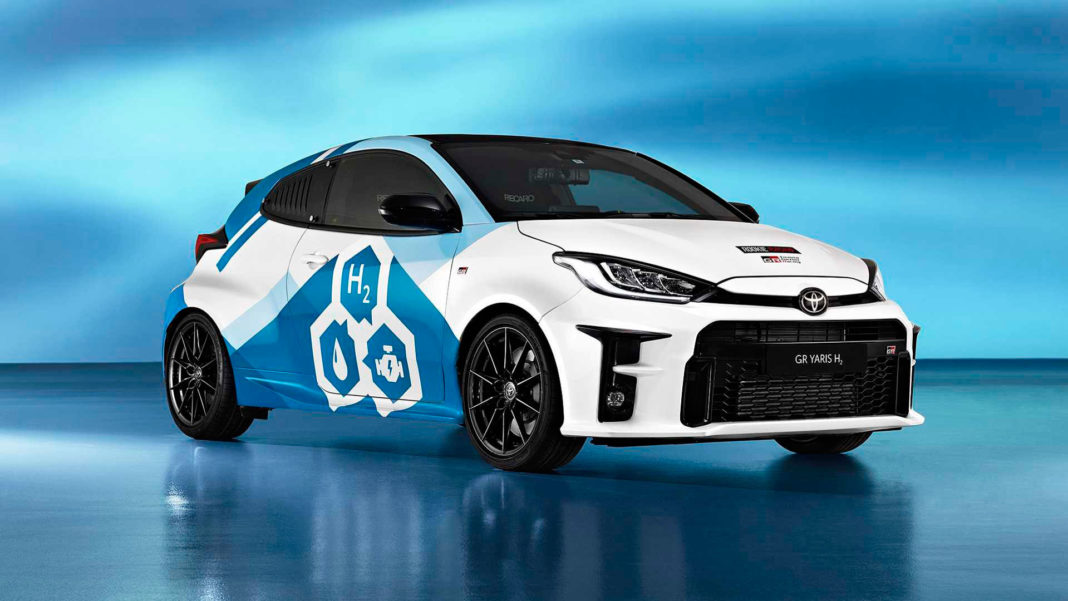The future of the automotive industry is electric, but exactly how remains to be seen. While most car manufacturers are going down the route of conventional batteries, hydrogen is emerging as a viable alternative, championed by major manufacturers, like Toyota, Hyundai, Honda, BMW and Porsche.
A FCEV (Fuel Cell Electric Vehicle) is an electric car that uses a hydrogen fuel cell system instead of batteries. Through the chemical reaction of reverse electrolysis, the oxygen in the air and the hydrogen stored in the tanks generate water and electricity to power the engine. Its main advantage is that it can be refuelled in five minutes. The downside, however, is that there’s barely any infrastructure in place.
The alternative, tested by Toyota in its racing cars, is compressed hydrogen used in a conventional combustion engine with a modified intake. This extends the life of combustion engines with the advantage of better response and negligible pollution (NOx).
Porsche, on the other hand, binds hydrogen with synthetic oil to make an extremely stable non-explosive, non-volatile fuel that burns without emitting toxic corrosive vapours. Once the hydrogen has burned, the oil can be reused. What’s more, all existing infrastructure associated with conventional fuel, including fuel tanks, pumps and tankers, can be used to commercialise this technology.



